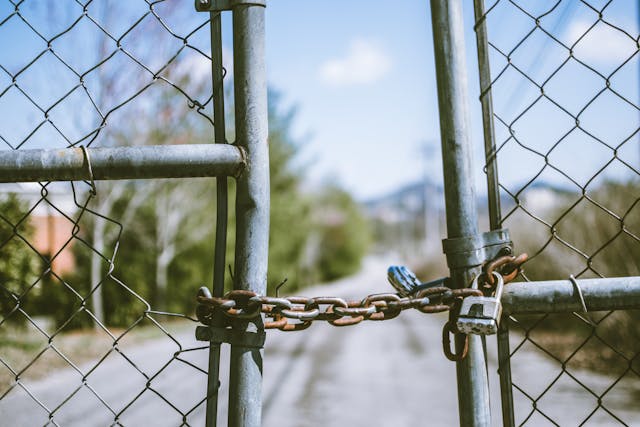
Having your identity compromised can be a nightmare. On top of dealing with the uncomfortable feeling that someone has invaded your privacy you’re forced into crisis management to avoid further collateral damage. I remember having my purse stolen which contained my laptop, wallet, keys, notes on my then social campaign The Money Movement and a host of other important items. After getting over the fact that my Foley and Corinna bag was gone, and I would never see my Valextra wallet I saved so diligently to purchase again I had to dive into the more serious side of the event. My personal safety was at risk as well as my identity.
Avoiding the attitude, it will never happen to me, is the first step to being prepared for an unfortunate event like the one I experienced. It’s important to understand that you can still be a victim of identity theft when you have bad credit and a small amount of money in the bank. The Federal Trade Commission received 2.6 million fraud reports in 2023 with consumers reporting the loss of more than $10 billion. Email replaced text messages as the most common method of contact. I predict this number will be higher by 2024 and continue to rise as transacting electronically becomes the preferred method for many. There is no bullet proof strategy for avoiding identity theft but by putting these simple measures in place you will have peace of mind in knowing what you have lost and reduce the time you are inconvenienced.
- Invest in ID protection
Sign up for an identity theft protection service. Every major credit card company and commercial bank offer this service and it usually ranges from $10-$30 per month. I suggest purchasing a package that monitors all three reports: Experian, Equifax, and TransUnion.
- Make a list and check it twice
Keep an updated list of everything that’s in your wallet. This list should include the item along with the telephone number or email address to contact if it’s lost or stolen. Having this handy list will enable you to quickly identify items you need to cancel or replace. Social Security cards and birth certificates should never be carried in your wallet.
- Passwords are your friend
Add a password to your laptop, cell phone and other electronic devices. The extra step you’ll take to access them is worth the peace of mind you’ll gain from knowing your information is secure.
- Back it up
Backup all your information on your telephone and computer. I recommend using an external hard drive and committing to a time in your schedule to ensure the information on your hard drive is updated.
- Keep a spare
Make two sets of extra keys. One set should only include your house and car key and be given to someone that is trustworthy and will be easily accessible in the event of an emergency. The other set should be a full set and be left inside your house.
Being proactive can decrease the stress and anxiety that arises when your identity and safety have been jeopardized. Let my hindsight be your 20/20.
Copyright © Manyell L. Akinfe-Reed 2024 All Rights Reserved. No part of this document may be reproduced without written consent from the author.
